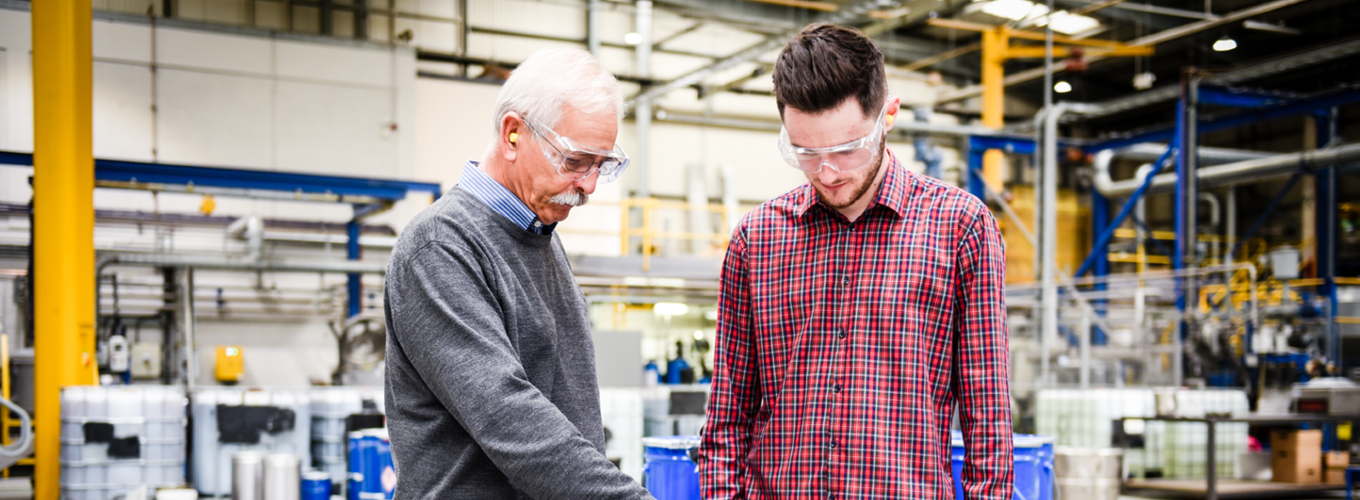As a supporter of green energy and a decarbonized economy, LCM is proud to be working with a PhD student from Nottingham University, Alex McGrath, to progress hydrogen storage materials through research of sustainable hydrogen alloys.
The PhD is part-funded by LCM and last year Alex had the opportunity to visit LCM’s factory and oversee the production of a composition that he is researching at Nottingham University for hydrogen storage.
We took the opportunity to catch up with Alex following his visit to see how his experience impacted his PhD research at the university.
Alex said: “My time at LCM helped to raise my awareness of the issues encountered during metal alloy synthesis on an industrial scale, that I might not have fully appreciated without experiencing this first hand.
“The visit also gave me a wider understanding of alloy synthesis techniques overall, which was one aspect of my project that was lacking before the visit. As a result, I now have a lot of confidence with the theory behind synthesis techniques and using them to carry out experiments that will contribute to my PhD project.”
On return to Nottingham University, Alex was inspired to change some processes and use induction melting as a synthesis technique.
He explained: “This was due to the accuracy of the composition achieved compared to the desired outcome, minimal impurities present in the alloy and the homogeneity of the melt.
“I have also had discussions with members of LCM and my colleagues at Nottingham about concepts that may come into fruition later on in my project, where my expertise can be drawn from my in-person experience with LCM.”
Alex will complete his PhD in Sustainable Hydrogen at the CDT (Centre for Doctoral Training) in 2024. After this, he plans to work as an industrial manufacturer and put his research to the test on a larger scale. The PhD route wasn’t always on the cards for Alex but his passion for green technologies and working towards the battle against climate change influenced his choice.
He added: “I would certainly recommend a PhD to other students for a number of reasons, however the challenges faced during a PhD project are likely to be much different compared to those experienced in formal employment, such as those on a graduate scheme.
“Research can be very frustrating when experiments aren’t going to plan, whether those reasons are within or outside your control. Those are the times where your motivation is really tested. On the other hand, PhD research can be extremely rewarding if successful, as well as very satisfying if something novel is produced. I also see it as a big stepping stone to achieving my future goals, so it is definitely something I would recommend exploring to students that may be interested.”
Hydrogen storage alloys can absorb 1000 times their volume in hydrogen making them a favorable choice when it comes to green energy. As these types of alloys are new to the market, they are costly. With more development, mass production could be a possibility to lower costs and be available for a wide range of industries.
The team at LCM looks forward to continuing to support Alex with his PhD research.

